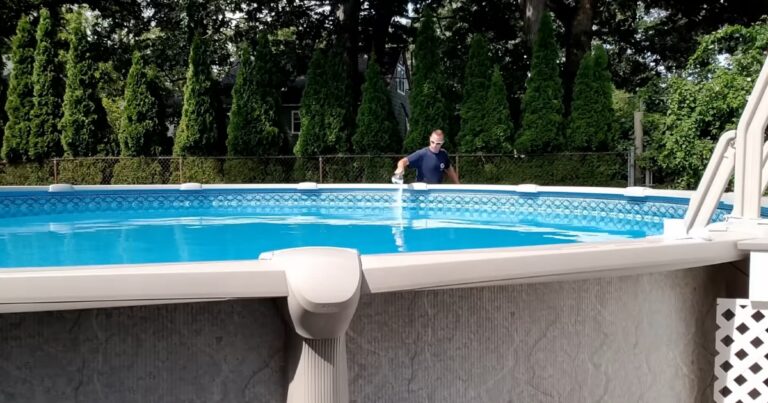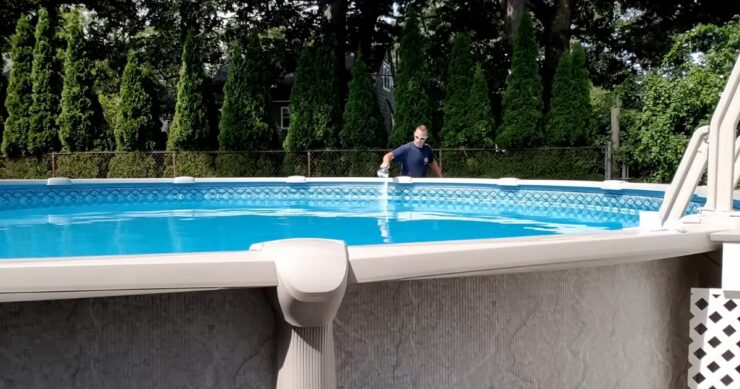Low-income senior housing is a vital resource for older adults facing financial constraints. It offers a range of affordable living options, including single-family homes, townhouses, and apartments, tailored to meet the needs of seniors.
Understanding the eligibility criteria for these tenancy options is essential, as it ensures that those in need can access these valuable resources. By exploring various aspects such as income limits, asset considerations, and geographical variations, we aim to equip readers with the knowledge needed to navigate the complex landscape of low-income senior housing.
Defining Low-Income Senior Housing
Low-income senior housing refers to residential options specifically designed for older adults with limited financial resources. These housing solutions are typically subsidized by government programs, making them more affordable than standard market-rate rentals.
The types of housing available under this category can vary significantly, ranging from individual apartments in senior living communities to shared tenancy arrangements. These facilities not only provide a safe and affordable living environment but also often include amenities and services tailored to the needs of seniors, such as accessible design features, community activities, and sometimes even healthcare services.
Basic Eligibility Criteria

To qualify for low-income senior housing, applicants must meet specific age and income requirements. The age threshold for eligibility typically starts at 62 years, but this can vary depending on the program and location. Income is another critical factor; generally, seniors must have an income that is below 50% of the median income in their area.
This threshold ensures that the tenancy assistance is directed towards those who need it most. Therefore, seniors should consult with local housing authorities or organizations specializing in senior housing such as https://seniorsplaces.com/.
Understanding Income Limits
Income limits for low-income senior housing are determined based on the median income of the area where the housing is located. These limits are calculated to ensure that the assistance is targeted toward individuals and families who are most in need.
When assessing eligibility, various sources of income are considered, including wages, social security benefits, pensions, and other regular sources of income. Applicants need to understand that these income calculations can be complex and may vary from one program to another.
Additionally, adjustments are often made based on family size and composition, which can further affect eligibility.
Asset Considerations
When determining eligibility for low-income senior housing, assets are an important factor. Assets include savings accounts, property, investments, and other significant possessions that could contribute to an individual’s financial status.
Not all assets are counted the same way, and some may be excluded from consideration, depending on the program’s guidelines. However, large bank account balances, stocks, and additional properties are likely to be considered.
It’s crucial for seniors to understand how their assets might impact their eligibility and to seek advice from tenancy counselors or financial advisors to navigate these considerations effectively.
Geographical Variations in Eligibility

Eligibility criteria for low-income senior housing can vary significantly depending on the geographical location. Different states and even different cities within the same state can have varying income limits, asset considerations, and other eligibility requirements.
This variation is often due to differences in the cost of living and median income levels across regions. Seniors and their families need to research and understand the specific criteria for their desired location. Local tenancy authorities and senior support organizations can provide detailed information and guidance on the regional variations in eligibility criteria.
Disability and Health Requirements
In addition to financial criteria, health, and disability status can play a role in determining eligibility for low-income senior housing. Some housing programs are specifically designed to accommodate seniors with certain health conditions or disabilities, offering features like wheelchair accessibility, on-site medical care, or support services.
These specialized tenancy options ensure that seniors with additional needs can live comfortably and safely. When applying for housing, seniors need to disclose any health or disability-related needs, as this can influence both their eligibility and the type of housing they are offered.
Application Process for Senior Housing
The application process for low-income senior tenancy involves several steps, including gathering necessary documentation and completing various forms. Applicants typically need to provide proof of income, assets, age, and residency. This process can be daunting, especially for those unfamiliar with bureaucratic procedures.
Local public housing agencies (PHAs) and senior organizations often offer assistance with the application process, helping seniors navigate the paperwork and ensuring that they provide all the required information. Applicants should seek help early in the process to avoid delays or errors that could affect their eligibility.
Common Challenges in Qualifying

Many seniors face challenges when trying to qualify for low-income housing. These can include long waiting lists, complex application processes, and stringent eligibility criteria. Additionally, the limited availability of tenancy options can make it difficult for seniors to find suitable accommodations in their preferred location.
To overcome these challenges, seniors need to be well-informed about the application process, apply to multiple programs where possible, and seek assistance from local agencies and organizations specializing in senior housing.
Additional Support and Resources
Numerous government and non-profit organizations provide support and resources for seniors seeking low-income housing. These organizations can offer guidance on eligibility criteria, help with the application process, and provide information on additional support services available for seniors.
Resources such as HUD’s public tenancy program and local Area Agencies on Aging can be invaluable for seniors navigating the complex world of low-income housing.
Case Studies: Success Stories
Real-life success stories of seniors who have navigated the low-income housing system can provide valuable insights and inspiration. These case studies often highlight the strategies and resources that can be most effective in securing housing.
They also demonstrate the positive impact that stable, affordable tenancy can have on the lives of seniors, offering hope and encouragement to those currently navigating the process.
Conclusion: Empowering Seniors for Housing Security

Understanding the eligibility criteria for low-income senior housing is crucial for ensuring housing security among older adults.
This blog post has provided a comprehensive overview of the key factors that influence eligibility, aiming to empower seniors with the knowledge they need to navigate the system successfully. By taking proactive steps and utilizing available resources, seniors can increase their chances of securing affordable, comfortable tenancy that meets their needs.











